In Brain-Related Conditions, Every Minute is An Alarming
Ticking Clock
When a brain injury or stroke occurs, time is the difference between recovery and irreversible damage.
Immediate and accurate diagnosis is critical—yet today’s imaging solutions are slow, immobile,
and often out of reach when every second matters..
Supported by






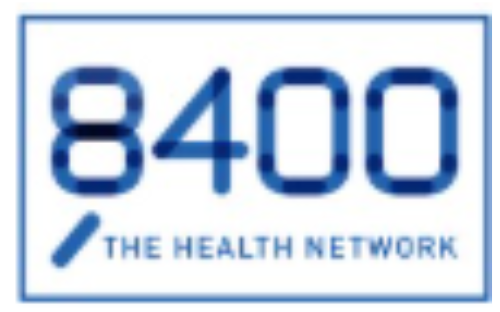
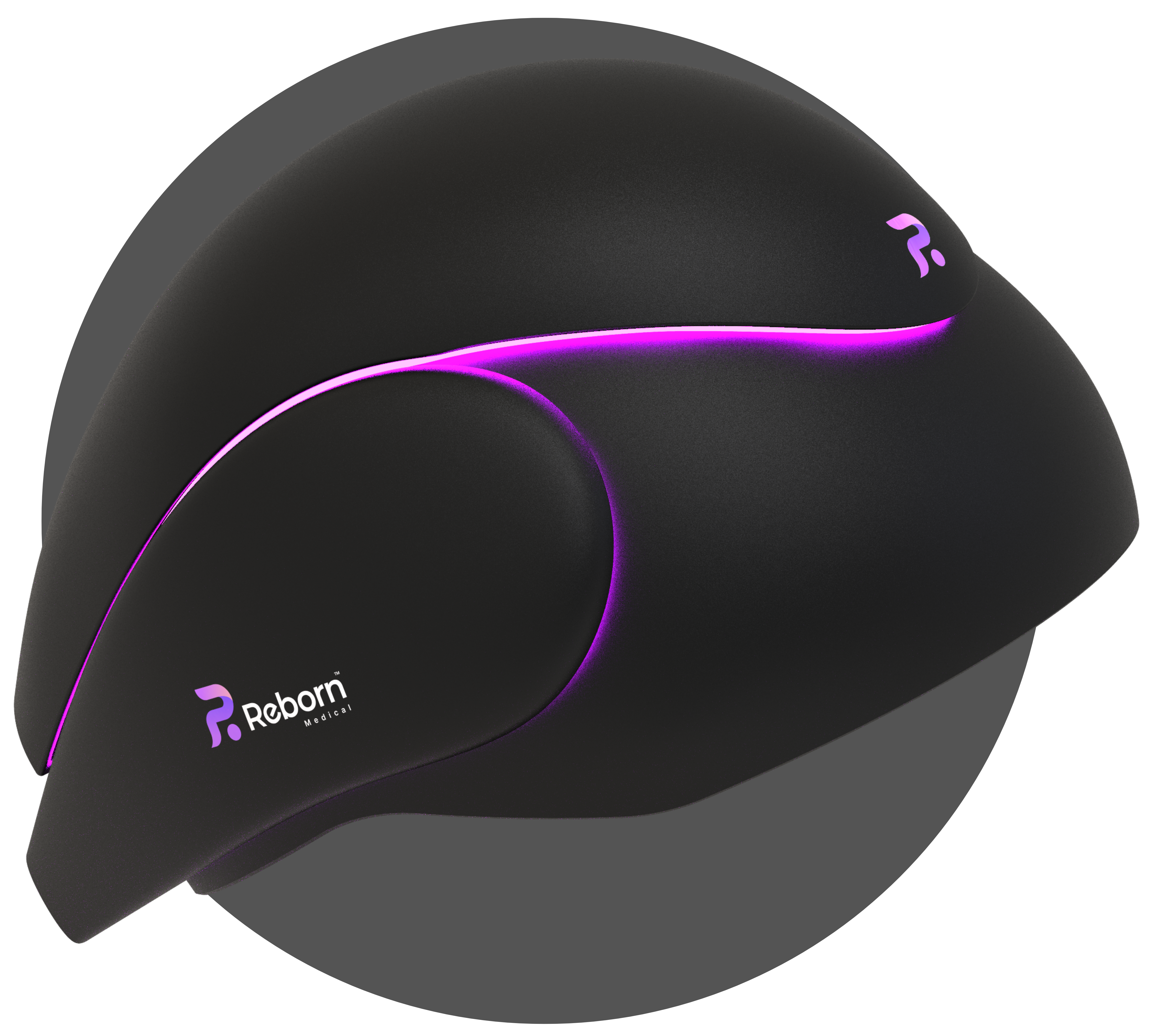
Revolutionizing Brain Imaging & Monitoring
in Critical Moments
Reborn is developing the first portable, high-resolution 3D brain scanner—a safe, real-time imaging system that delivers instant insights, reduces delays, and improves patient outcomes, wherever and whenever it’s needed.

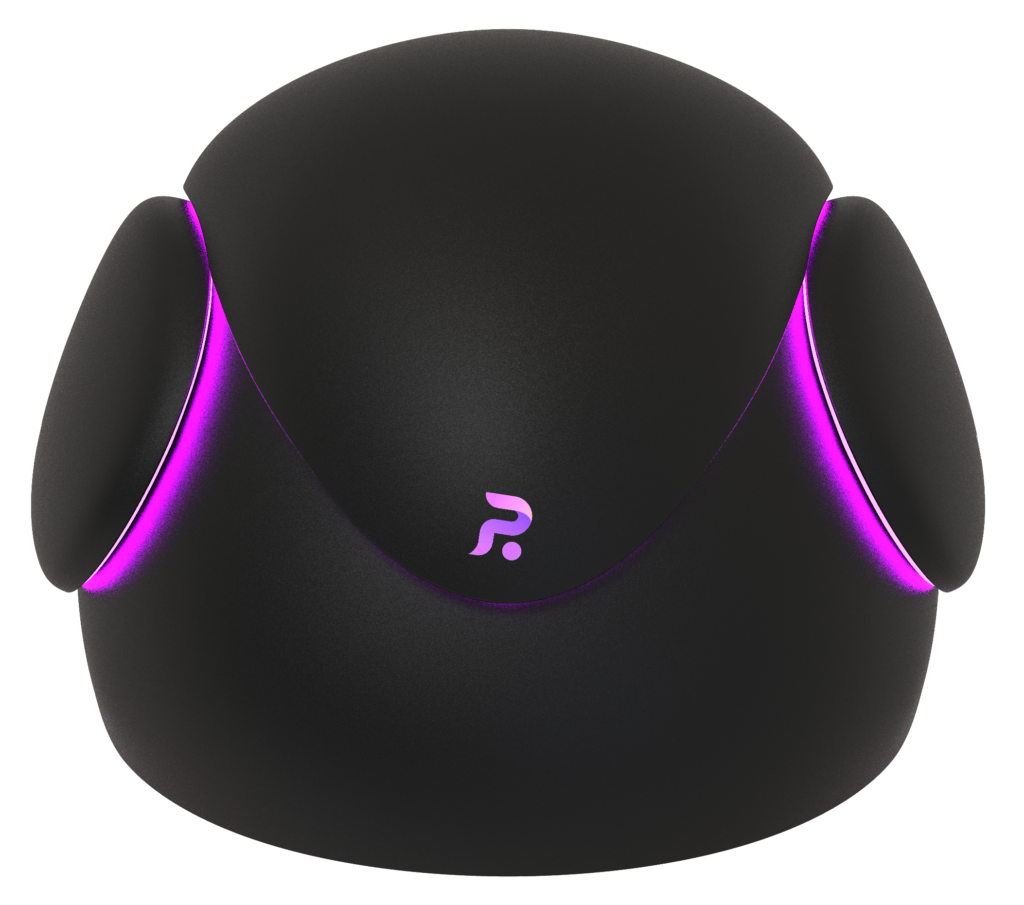

Bringing real-time brain imaging to the point of care —when and where it matters most.
Lives depend on timely brain imaging, yet access is often delayed. At Reborn, we are creating the first truly portable brain scanner—delivering advanced neuroimaging wherever and whenever it’s needed.
Imagine a world where no patient has to wait—where a soldier on the battlefield, a patient in an ambulance, or someone experiencing a stroke at home can receive immediate brain imaging instead of enduring critical delays.
Brain imaging is essential for diagnosing and treating stroke, traumatic brain injury, and a wide range of neurological conditions, including tumors, multiple sclerosis, and neurodegenerative diseases. Early and accurate assessment enables timely, life-saving interventions.
Reborn is transforming brain care by making high-resolution imaging instantly accessible—empowering faster decisions and better outcomes.


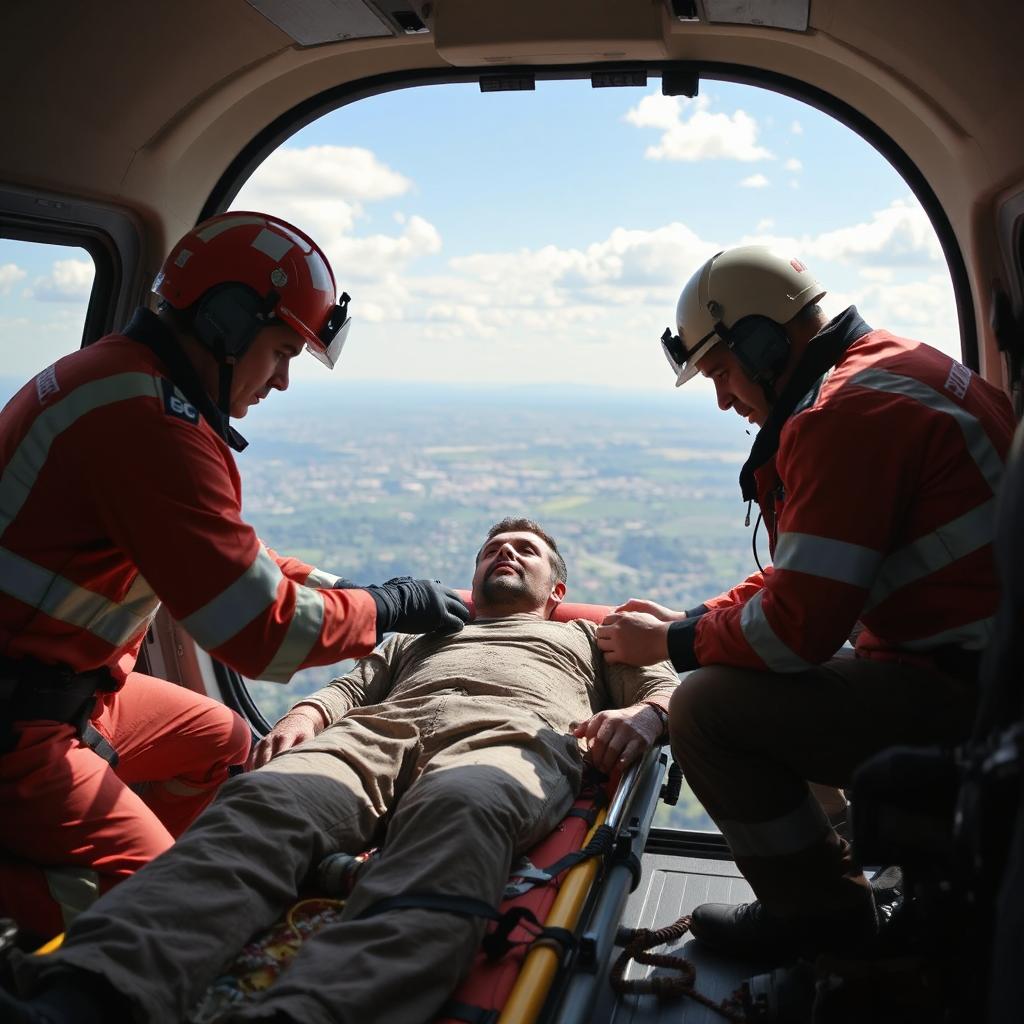



A world where no one waits for critical brain care.
The Alarming Statistics
Each year, stroke and traumatic brain injuries (TBI) are the leading causes of death, with 15 million people suffering from a stroke globally, 5 million of whom die, and another 5 million left permanently disabled, placing immense strain on families and communities. Similarly, 69 million people are affected by TBI annually. Beyond the human toll, the financial burden is staggering, with stroke alone costing an estimated $721 billion annually and TBI contributing $400 billion each year.
